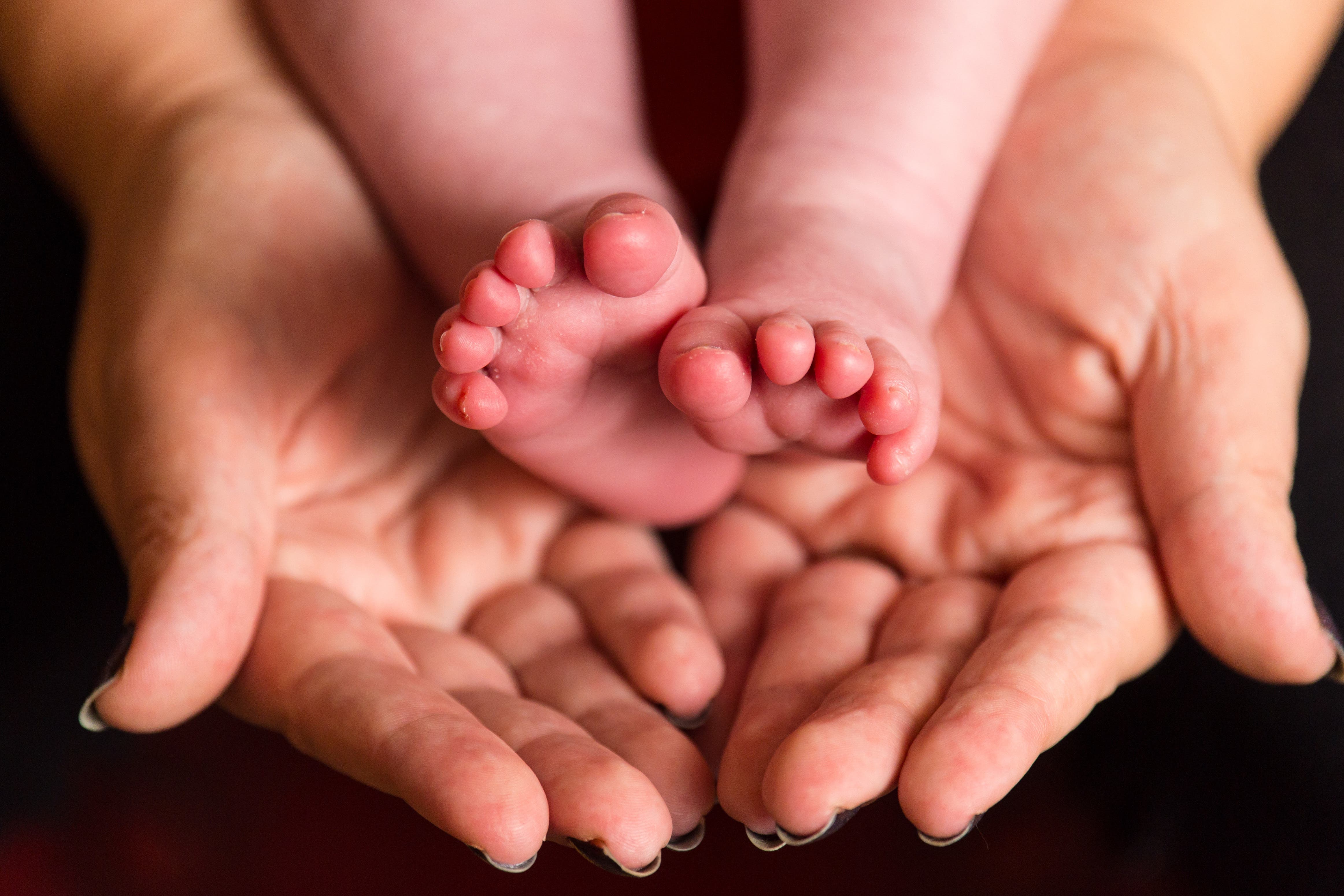Key appointment for new mothers treated as ‘tick box exercise’, group warns
Healthwatch England called for more support for mothers after their babies are born.

Your support helps us to tell the story
From reproductive rights to climate change to Big Tech, The Independent is on the ground when the story is developing. Whether it's investigating the financials of Elon Musk's pro-Trump PAC or producing our latest documentary, 'The A Word', which shines a light on the American women fighting for reproductive rights, we know how important it is to parse out the facts from the messaging.
At such a critical moment in US history, we need reporters on the ground. Your donation allows us to keep sending journalists to speak to both sides of the story.
The Independent is trusted by Americans across the entire political spectrum. And unlike many other quality news outlets, we choose not to lock Americans out of our reporting and analysis with paywalls. We believe quality journalism should be available to everyone, paid for by those who can afford it.
Your support makes all the difference.A “key” check-up for new mothers is often being treated as a tick box exercise, a patient champion group has warned.
Healthwatch England said the six-week postnatal checks are “failing” new mothers.
It warned many of the assessments are not taking place at all and when they do take place, the majority of women are not satisfied about the level of mental health support.
The check, which is supposed to happen six to eight weeks after a woman has given birth, will see a GP make sure the woman feels well and is recovering properly.
Postnatal consultations ... are frequently carried out as a tick-box exercise, where mental health is not treated as a priority or not assessed at all
A new poll, shared exclusively with the PA news agency, found 16% of new mothers said they did not received the six to eight-week check.
Of those who said they had been offered the postanal check, only 22% said were satisfied with the time their GP spent talking to them about their mental health.
Some 15% of the 2,700 new mothers surveyed said they had had their six-week check over the phone.
The patient safety organisation said this could mean that many new parents may find it harder to verbalise their mental health struggles and discuss physical issues.
Some two-thirds of the women (around 1,800) said they had struggled with their mental health during and after pregnancy, according to the poll, which took place between October and December last year.
Among these, 41% said they received no support to help with their mental health during and post-pregnancy.
Healthwatch England warned that delays in accessing mental health support can have a significant impact on new parents, with some telling the organisation they struggled to leave the house, bond with their child or maintain relationships.
One single mother from Hampshire said she had never heard of the six-week check.
Amanda Richardson gave birth to a baby girl in July 2020.
She suffered from anxiety and developed sleep and eating problems but was never invited to the check-up.
An asthma consultant at her local hospital later recognised symptoms of possible postnatal depression and helped secure mental health support for her.
She started therapy 18 months after her daughter was born.
“When I was pregnant, I received all the instructions I needed but once the baby was born, I felt on my own,” she said.
“When you are a single parent, you don’t have your own support network and don’t get adequate support, it can be very hard. I felt like I was underwater and couldn’t escape.
“If I had had more support at the right time, my mental health would be better.”
She added: “The therapy has helped me and I am slowly coming out of the low feeling. My eating has picked up and my sleep is slowly getting better.”
Healthwatch has made a series of recommendations to NHS England and local health bodies to help drive improvements in the six-week check.
Louise Ansari, national director at Healthwatch England, said: “With mental ill health affecting up to a third of new and expectant mums, six-week postnatal checks are key to assessing their wellbeing after the birth.
“If left untreated, poor mental health can have a devasting impact on new parents and their families.
“Unfortunately, our findings show that although most new mothers and birthing parents are likely to be invited to a postnatal consultation, these are frequently carried out as a tick-box exercise where mental health is not treated as a priority or not assessed at all.”
Annie Belasco, head of the parent mental health support charity Pandas Foundation, said: “The findings of Healthwatch England’s new research, alongside our own work, tell us that people are still struggling to access the right support at the right time.
“The NHS is not making the most of opportunities to support women with the quality, timely mental health interventions which we know can save lives.
“That’s why we need to ensure the experiences of those women who were let down by the system contribute to eliminating barriers and improving support for others.”